Sustaining Life on Earth and in Church
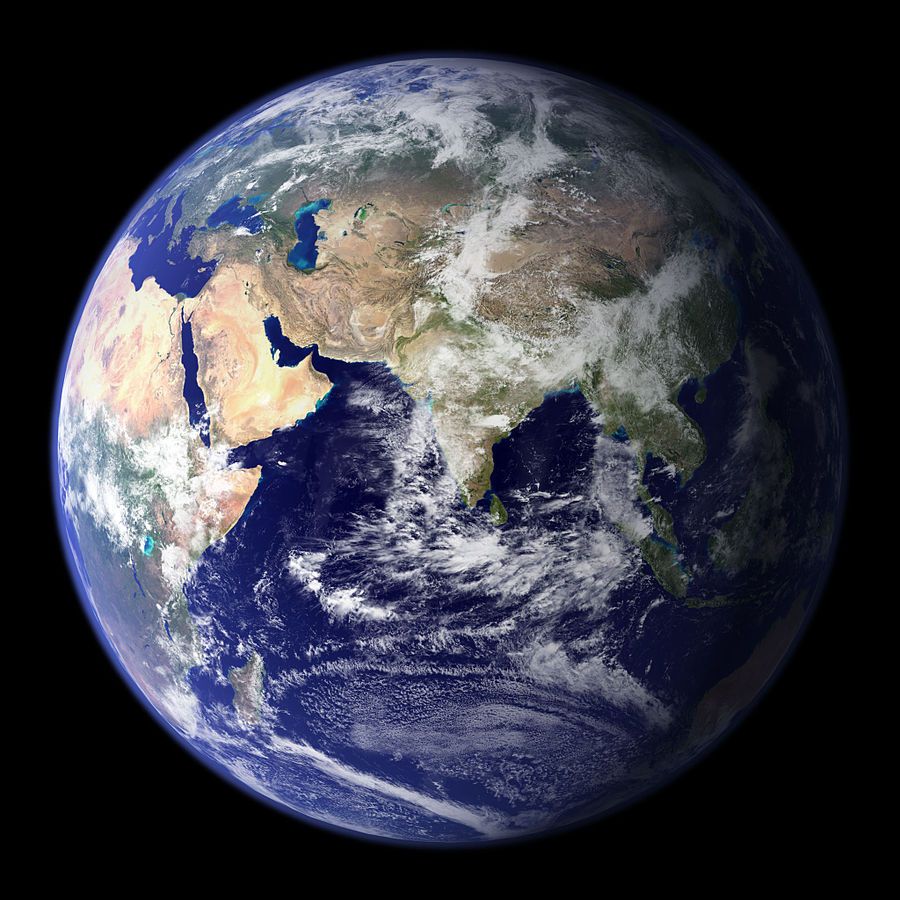
If you’ve been reading this blog for long, you know that I usually focus on issues affecting the sustainability of the organized church. But this summer, I had a few life-changing experiences, and the blog is starting to reflect them.
The summer began with Virginia Theological Seminary’s E-Form 2014, where I discovered my tribe: faith formation leaders innovating to match the challenges of mainline decline in a digital age. On my way there, I wrote a post which was the most-read, most-shared, and most-commented item on the blog this year. Quick summary: “The way we design faith formation isn’t working. It’s time to explore alternatives.”
Then I headed to Wake Forest’s “Sabbath Economics and Watershed Discipleship,” where Biblical scholar and activist Ched Myers led us in considering the stark choice facing us in an era of climate change: denial or discipleship. Quick summary: “The way we inhabit earth isn’t working. It’s time to explore alternatives.”
These two experiences, almost back to back, helped me see that my two passions – sustainability of the organized church and the whole creation – spring from the same root: the love of God.
God created, redeemed, and sustains all things: a beautiful, biologically diverse planet.
God’s glory is to be proclaimed by communities of faith from generation to generation: the visible church.
Creation and church are in trouble these days. Each day the news headlines tell us about the effects of climate change. Each year the data about church attendance continues to show decline.
This leads me to wonder if church decline might be one symptom of an overall way of life in America (and other developed nations) that is fundamentally unsustainable. The organized church could be a canary in the coal mine of a much bigger problem: our global ecological future. Some of the same cultural forces (fossil-fuel-based mobility, consumerism, the love of convenience) are hurting both church and creation.

The Jewish community is way ahead of Christians in considering sustainability on a bigger scale. Through Fred Bahnson, the director of Wake Forest’s Food, Faith, and Religious Leadership Initiative, I was introduced to the work of Nigel Savage, the founder of Hazon, a Jewish organization focused on the health of Judaism and the health of the planet.
Hazon means “vision.” Here’s their organizational mission:
We work to create a healthier and more sustainable Jewish community, and a healthier and more sustainable world for all.
Hazon was born in 2000 with a cross-country bike ride during which participants stopped at synagogues and taught about Judaism and sustainability. It grew steadily, adding conferences, bike rides, a noted food blog. In 2014, Hazon merged with the Isabella Freedman Jewish Retreat Center, which was founded in 1893. At the same time, it merged with two other organizations: Elat Chayyim Center for Jewish Spirituality, and Teva Learning Center which offered environmental Jewish education experiences.
Because of Hazon, the Jewish world has immersive faith formation programs which exist at the intersection of religion and ecology. They have a community committed to developing cutting-edge thought and practice integrating faith and sustainability. Most importantly, they are raising a generation which is equipped to bring the resources of an ancient faith to the challenges of the 21st century. Because of Hazon, Jewish faith formation isn’t happening just in windowless basements, but on farms and in fields and woods. Hazon has even coined a new term: JOFEE. It means “Jewish Outdoor, Food, and Environmental Education.” And they’ve started a Jewish Food Education Network to connect and equip educators developing ways to engage people of all ages in faith-based food practices. Their work is based in a theory of change which is both clearly Jewish and authentically hospitable.
The Christian world needs a Hazon. Isolated Christian individuals and organizations are experimenting at the nexus of religion, environment, and food. Hazon provides the Jewish community – across “denominations” – a way to discover, consider, and build better practices together. By doing so, they are renewing both the health of Judaism and the health of the earth.
As I wrote last week, a robust, public conversation about food and faith in the Christian community is still just getting off the ground. I’m excited for next month’s meeting where these issues will be discussed and where, I pray, a national network for those of us working at the intersection of Faith/Farm/Food issues may launch.
Today marks Food Day, and next Saturday is All Saints’ Day. Next week on the blog, I’ll be sharing my list of authors, organizations, and initiatives at the intersection of faith, food, and sustainability. I’m sure it’s incomplete, but it’s long enough that I’ve broken it into sections so it doesn’t get overwhelming. It’s my hope that this list of resources helps the conversation along – a conversation that is critical for the health of the church, and for the health of all creation.
What is happening near you to connect faith formation and sustainability?
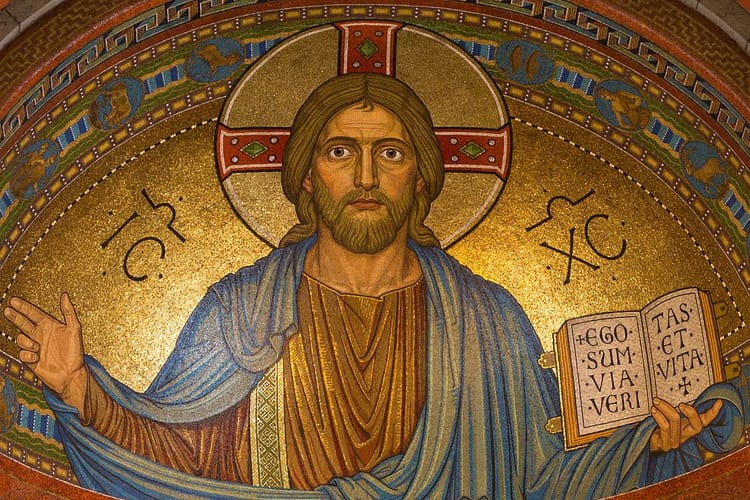
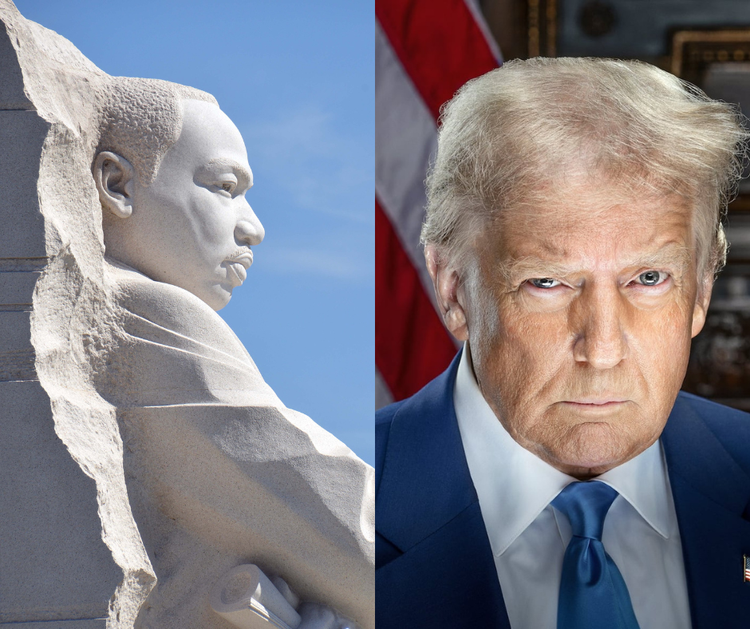

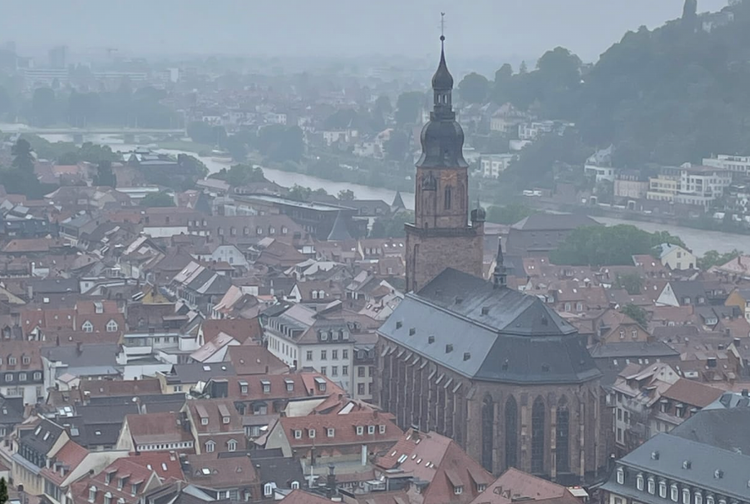
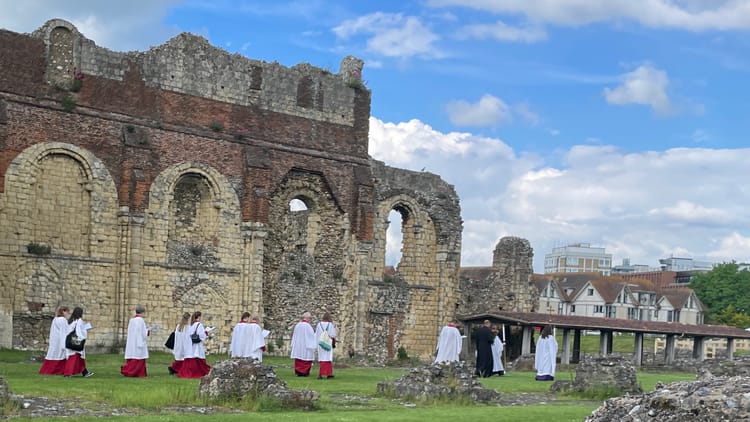
Member discussion